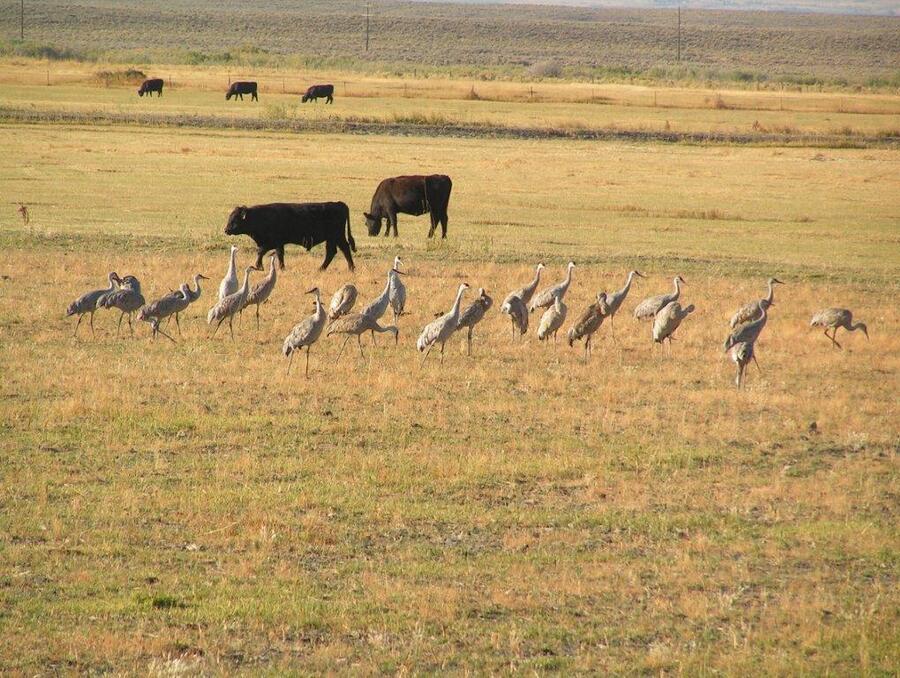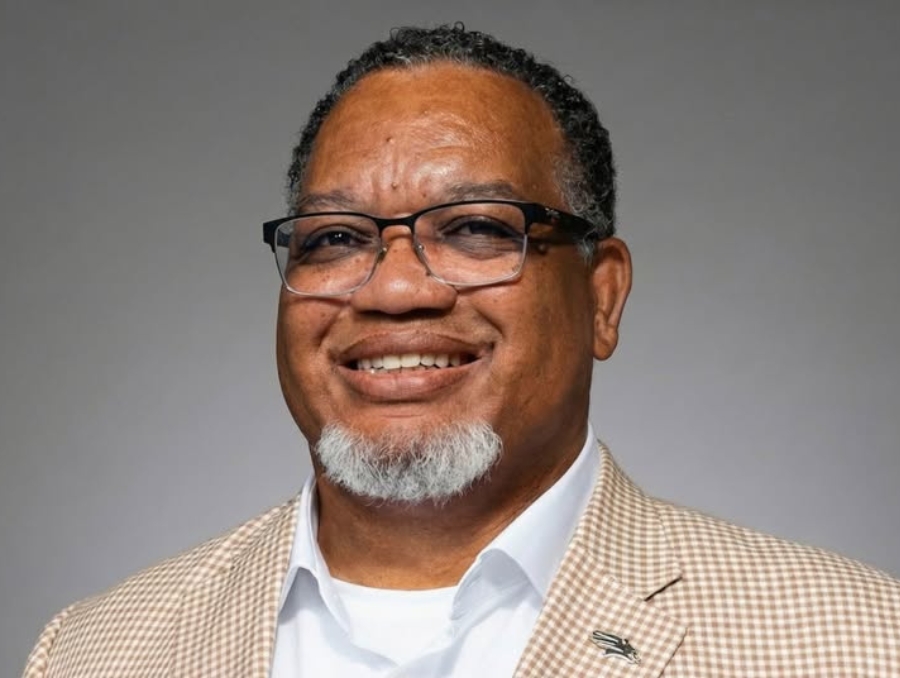The recent outbreak of a virus in dairy cows across 17 states, including Nevada, has highlighted the ongoing and increased need for livestock biosecurity efforts to protect livestock from foreign animal diseases. Foot-and-mouth disease is another foreign animal disease of concern, because it occurs in many parts of the world, and there’s always a chance it could be reintroduced into the United States. To help producers prepare for disease outbreaks, University of Nevada, Reno Extension is offering a workshop on June 5 at the California Trails Interpretive Center, off U.S. Highway 80 between Carlin and Elko. Those who can’t attend in person may opt to attend virtually.
When a foreign animal disease hits, producers may not be allowed to move their livestock without movement permits issued by the Nevada Department of Agriculture, interrupting continuity of business for the producers and impacting supplies for consumers. The June 5 workshop, Enhanced Biosecurity Planning for the Farm & Ranch, is designed to help livestock producers initiate their own enhanced biosecurity plans that will ensure appropriate precautions are being taken to limit the spread of disease. Producers then submit those plans to the Department of Agriculture for approval. When an outbreak occurs, the Department will be able to issue movement permits to those who have approved plans on file, allowing continuity of business and flow of goods to consumers.
“The workshop will be helpful to anyone who wants to learn about livestock biosecurity, but we’ll be focusing on enhanced biosecurity plans for foot-and-mouth disease and other foreign animal diseases,” said Tracy Shane, a livestock specialist who co-leads Extension’s Livestock Biosecurity Program with Extension colleague Gary McCuin, an agriculture and natural resource specialist.
“Beef cattle, sheep and goats will be the focus,” Shane said. “But, any livestock producer with any size herd will be able to apply the concepts learned to their operations. We also want to encourage our region’s Tribal producers to attend.”
Both Shane and McCuin will be on hand at the workshop to provide some local Nevada examples of successful enhanced biosecurity plans, and have been certified by the American Sheep Industry Association to train others on creating livestock biosecurity plans. Shane said two national-level security food supply plan trainers are also coming in to help with the training, Erica Sanko from the American Sheep Industry Association, and Danelle Bickett-Weddle, owner of Preventalytics and a veterinarian.
In addition, Nevada Department of Agriculture Director J.J. Goicoechea, who is a doctor of veterinary medicine, and Leah Trapp, emergency coordinator with the USDA’s Veterinary Services in Utah and Nevada, will be on hand to discuss why we need secure food supply plans and the USDA’s role in preparing states for foreign animal diseases. Others who will be presenting at the workshop include Nevada State Veterinarian Peter Rolfe and representatives from the Nevada Department of Emergency Management, the Nevada Department of Wildlife and the Bureau Land Management.
The workshop runs 8 a.m. to 4 p.m., and is free, due to funding from the American Sheep Industry Association. But, online preregistration is required by May 28. Those who opt to attend in person should register online here, and can bring their own lunch or purchase lunch at the event. They will also receive a free binder of materials to help them with their enhanced biosecurity plans. Those who plan to attend online should register online here, will receive the Zoom link after registering, and will be able to access the materials online.
The workshop is funded by the American Sheep Industry Association through a grant from the USDA Animal and Plant Health Inspection Service (APHIS) National Animal Disease Preparedness and Respond Program (NADPRP).
More training and assistance in the works
The same federal program recently approved over $500,000 more in support for Extension to continue offering assistance to agriculture producers over the next two years to help them prepare for foreign animal diseases (and plant diseases) and to minimize impacts to their operations, and to consumers.
Almost $100,000 of the funds will be used specifically to reach Nevada’s 28 tribal communities, which are scattered throughout the state. In addition to a statewide training, several workshops will be held on site at tribal communities that often have limited access to programs held closer to more urban areas. Online resources will be developed, and Extension experts will use a variety of other methods to help tribal producers be prepared for animal disease outbreaks.
“This project’s long-term goal is for 85% of Nevada Tribes to develop and enhance an animal disease emergency response plan related to livestock, equine and poultry,” said Extension Professor Staci Emm, director of the programs designated specifically for tribal outreach. “Weed and pest identification and management will also be an educational topic and is identified as a need by Nevada tribes.”
The rest of the $500,000 grant will continue to support producers statewide, tribal and nontribal, and to help coordinate efforts among governmental agencies and producers to be prepared for emergency response to an outbreak.
“This project will raise producer awareness of the acute risk of foot-and-mouth disease and help producers using private and public lands to voluntarily prepare for and defend against an outbreak,” said McCuin, who, with Shane, will direct the grant-funded statewide programming. “It will provide information and actions needed before and during an outbreak to protect their animals and meet state and federal movement criteria.”
In addition, McCuin and Shane will engage University students in the preparation efforts. The project includes educating undergraduate and graduate students in livestock biosecurity planning and training through a service-learning course format over two semesters. After the two semesters of education, the students will then be paired with livestock producers to assist them in completion of enhanced biosecurity plans.
Taking it a step further, the project will also train youth livestock leaders and advisors in enhanced biosecurity planning. Extension will provide club and chapter leaders of programs such as Extension’s 4-H Youth Development Program and FAA with classroom toolkits, curriculum materials and other assistance to help them train Nevada’s next generation of livestock producers how to plan for and minimize effects of foreign animal disease outbreaks.
For more information on the June 5 workshop or livestock biosecurity planning, email Shane or call her at 775-934-5646, or email McCuin or call him at 775-237-6134. Persons in need of special accommodations or assistance for attending the workshop should email Paul Lessick, civil rights and compliance coordinator, or call him at 702-257-5577 at least five days prior to the scheduled event with their needs or for more information.
















